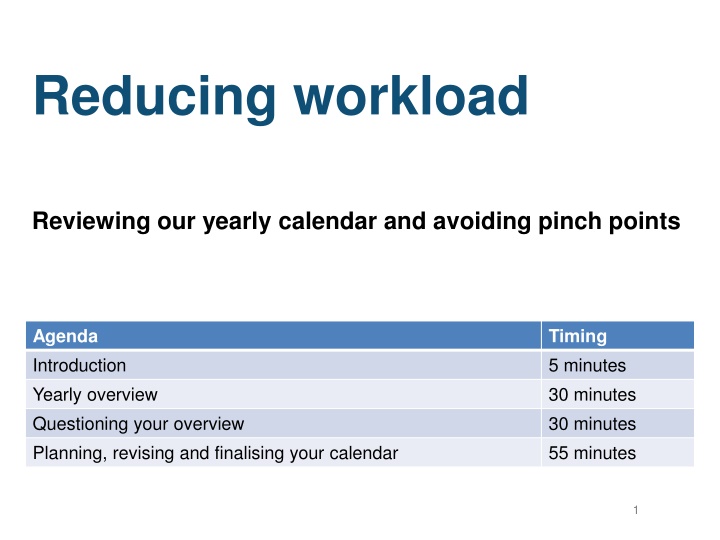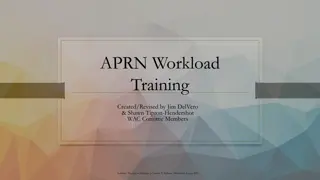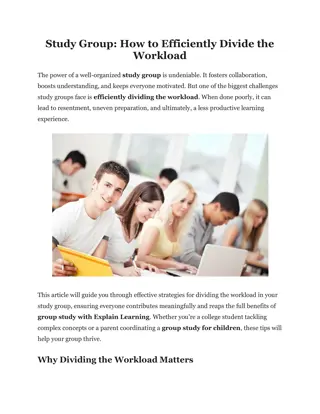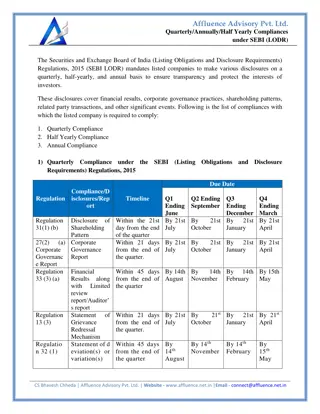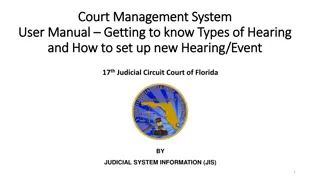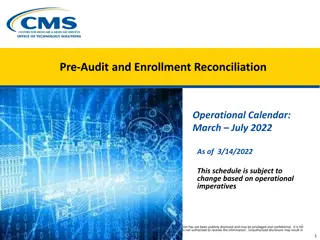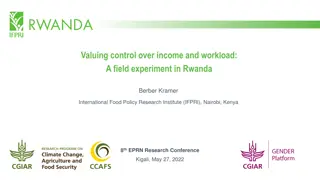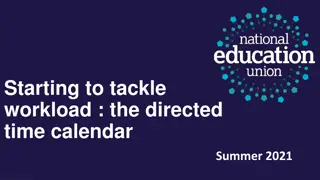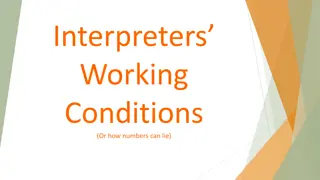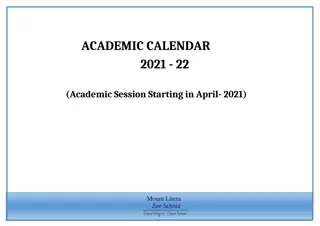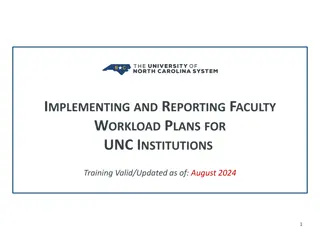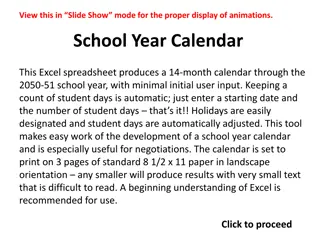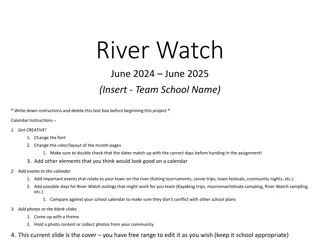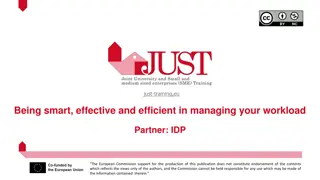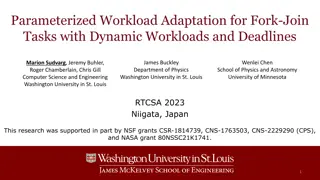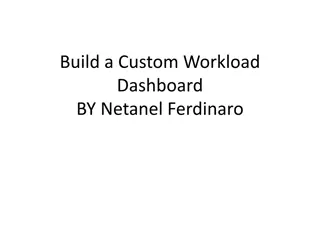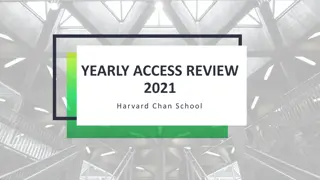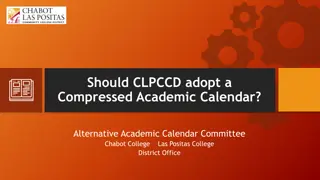Yearly Calendar Review: Eliminating Workload Pinch Points
Delve into the yearly calendar to identify and address high workload periods, with a focus on avoiding pinch points. Teachers reflect on key moments of intense workload, propose adjustments, and ponder ways to distribute tasks more efficiently, ultimately aiming to reduce stress and enhance productivity in school settings.
Download Presentation

Please find below an Image/Link to download the presentation.
The content on the website is provided AS IS for your information and personal use only. It may not be sold, licensed, or shared on other websites without obtaining consent from the author.If you encounter any issues during the download, it is possible that the publisher has removed the file from their server.
You are allowed to download the files provided on this website for personal or commercial use, subject to the condition that they are used lawfully. All files are the property of their respective owners.
The content on the website is provided AS IS for your information and personal use only. It may not be sold, licensed, or shared on other websites without obtaining consent from the author.
E N D
Presentation Transcript
Reducing workload Reviewing our yearly calendar and avoiding pinch points Agenda Introduction Yearly overview Questioning your overview Planning, revising and finalising your calendar Timing 5 minutes 30 minutes 30 minutes 55 minutes 1
Introduction: avoiding pinch points The worst aspects of workload are those moments in a term or a year when it seems everything is happening at once. SLT are asking for data to be updated and discussed, parent consultations are about to start, the pupils have done a long project which needs in-depth marking and then just to top it off a new child starts Key Stage 2 Teacher, 10 years of experience Exam preparation, coursework to mark and a Year 7 residential, always seems to mar my run up to Christmas. Every year I ask myself why we didn t just plan a little bit differently and yet every year is the same. Secondary Maths Teacher, 7 years of experience Aim: to examine our own calendar, review any pinch points and make changes to avoid them 2
Yearly overview (1 of 2) Think about your current annual cycle of workload in school and discuss at which points in the year workload is higher. Roughly plot a graph to show this, add in labels to explain why. High Amount of Workload Average Low Sept Oct Nov Dec Etc. 3
Yearly overview (2 of 2) Considerations: What could we change/ reduce/ eliminate? For example: Could the trip be moved to a quieter time? When is a data drop most relevant? What is the data for? At which point could the testing take place and why is it happening? (What information is it giving you?) Could pupils edit and review their own work? Could the unit be planned in a shared or collaborative capacity? Could staff find time for planning by easing of some of the normal pressures? Testing to complete and mark, data to enter and analyse, trip to plan for in January and Christmas Shows to rehearse. Start of the year, setting up the class expectations and environment, and baselines. High Amount of Workload Average New unit of work to plan for and homework project to mark. More in the normal routine. Low Sept Oct Nov Dec Etc. 4
Looking at your graphs - questions Looking at the graphs and notes that have been made: Post it note the graphs with key questions to consider when looking at the impact of the yearly planning on workload. Consider what aspects can be reduced or do not need to be there at all. Which aspects could be changed and which have to stay where they are? How much does your yearly planning affect the amount of workload staff have to do? 5
Yearly planning (1 of 2) Map out our year. Take 12 pieces of paper and lay them out from September to August. Split each sheet into the approximate weeks in that month. Decide as a whole staff the parts of the year which really cannot change and make sure you discuss why. Decide on the parts which you will block out, consider holiday times! Put each one on a post-it and add these on to your calendar. 6
Yearly planning (2 of 2) Decide on key school-wide events and add these on to the calendar. Where will you have your parent consultations? When will you ask for reports to be given in? What format will you use for this? When are your summative assessments and data drops? Consider key administration tasks, including meetings, and the points at which these occur: How will these impact the workload of teaching staff? How will these impact the workload of SLT/Leadership? How will these impact the workload of administration staff? 7
Questioning your pinch points Check your calendar for pinch points. Consider: Workload-heavy tasks are they well spaced out? Is the purpose and timing of each activity clear to everyone? What other events or activities need to be added? Is there anything more we can take away? 8
Action for change: Discuss and agree how you will make and monitor changes: How will you make the calendar accessible to staff? Who will make changes, and how can staff suggest these? When / how often will the calendar be reviewed? How will we communicate changes with pupils, parents/carers and governors? 9
For further information. Ways to reduce workload in your school tips and case studies from school leaders, teachers and sector experts Case studies Ofsted inspection: myths 10
